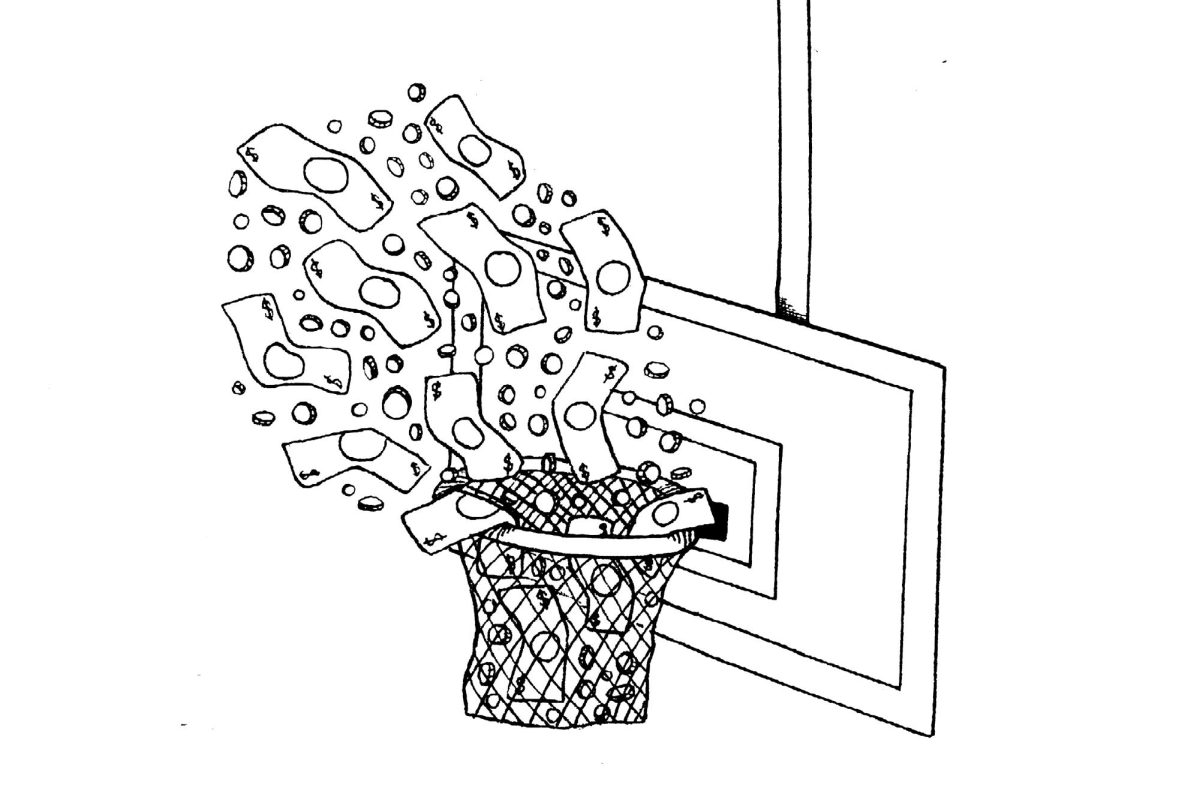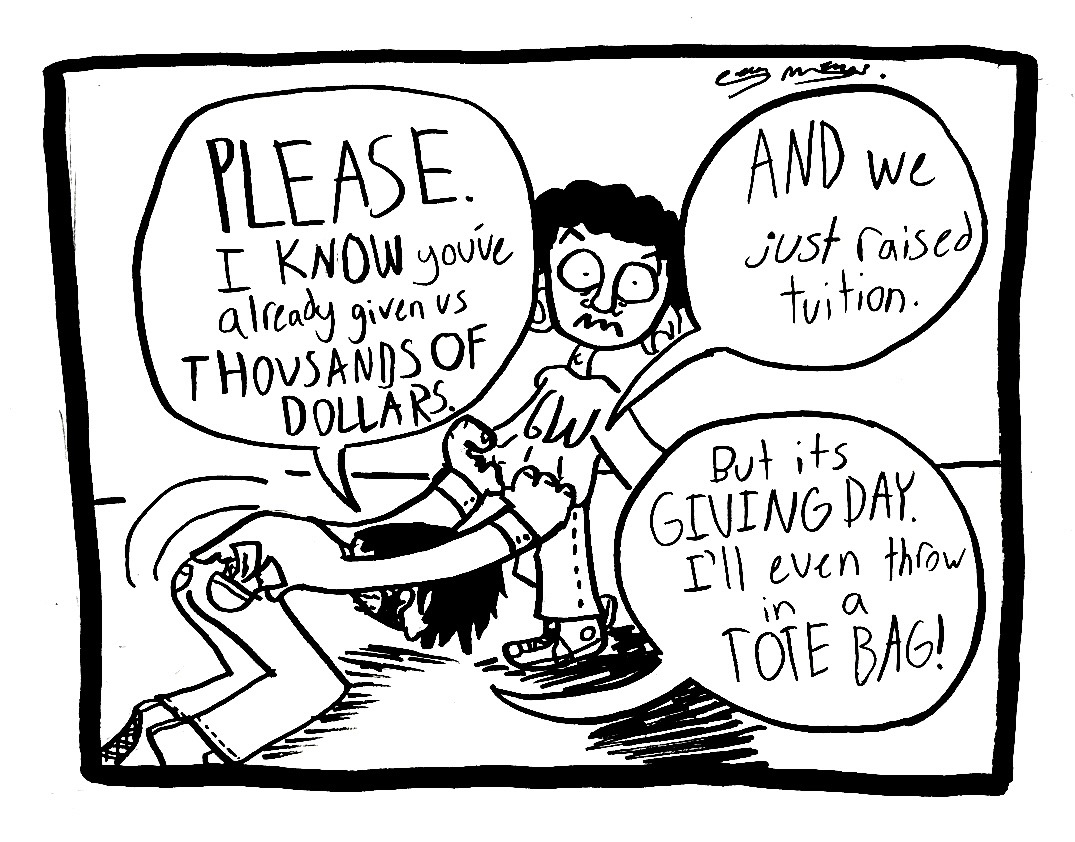Humanities and social sciences departments are in need of expansion. But scaling back the undergraduate population and increasing the proportion of STEM majors is not going to give these departments the support they need.
The Columbian College of Arts and Sciences lags behind in the quality of advising and academics. Unlike schools like the Elliott School of International Affairs and the School of Engineering and Applied Science, CCAS does not offer students a first-year experience class and is still trying to improve its academic advising office. CCAS is the University’s largest school and deserves more attention, not less.
Growing the proportion of STEM majors could mean taking a step back for a school that needs more funding so it can improve its academics and advising services. It is not just the school’s services that are in need. Faculty in the psychology department have complained about the embarrassing state of their department’s building, and Bell Hall is more than eight decades old. Meanwhile, many STEM classes are housed in a multi-million dollar Science and Engineering Hall, one of the newest buildings on campus. When officials increase the proportion of STEM majors, they should keep in mind that humanities and social sciences are really the departments that needs more funding to improve.
Cutting humanities and social sciences enrollment might mean administrators may not be able to address some long-standing issues in the school, like advising. There are currently 12 CCAS advisers for more than 5,000 undergraduates, while the Elliott School has 15 advisers for about 2,000 undergraduates. Officials should continue to focus on improving academic advising services in the next couple of years, which could mean more funding for the department. Allocating more money to CCAS advising could enable officials to hire more advisers and ensure students have enough staff members to visit for questions or advice on academics.
The Elliott School, SEAS and the GW School of Business also offer a first-year experience course to help students adjust to college academics and learn skills like time management and organization. But humanities and social sciences students do not have the same opportunity as students in other schools, placing them at a disadvantage. Officials should ensure CCAS has access to the same class as other schools, which, like advising, means more funding. It is concerning that officials are still looking to grow the University’s STEM presence while CCAS still lags behind in resources.
While CCAS is the largest school at GW, it is sometimes outshone by smaller schools that have more resources and better facilities. The Elliott School and the Milken Institute School of Public Health are both prominently ranked by services like the U.S. News and World Report. But CCAS, which contains some of GW’s most popular majors – like political science, which was placed at No. 40 nationally in the U.S. News list for its graduate program – is not as highly ranked. Administrators should dedicate more attention to the University’s core school – CCAS.
The glaring differences in resources between GW’s schools show the root of the problem – the University does not put enough emphasis on its largest school. CCAS is already struggling, and slashing the number of humanities majors will not make the problem better. University President Thomas LeBlanc said that cutting enrollment will prioritize quality over quantity, but when the resources for CCAS are already scarce, it is hard to imagine how the quality will improve. The University must work to ensure that CCAS students are given the same tools for success as their peers.
Isabella Sorial, a freshman majoring in international affairs, is an opinions writer.



